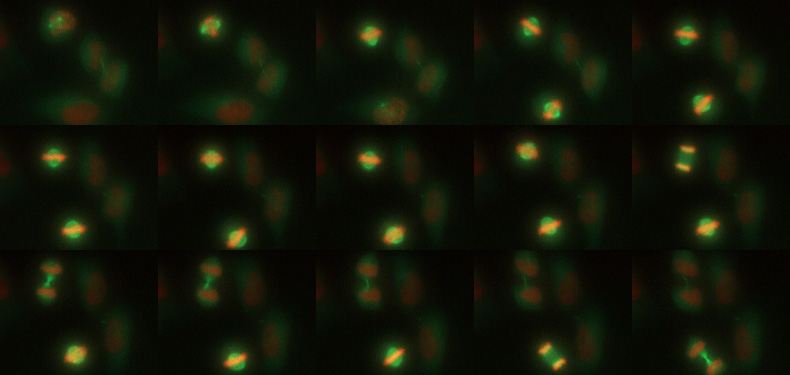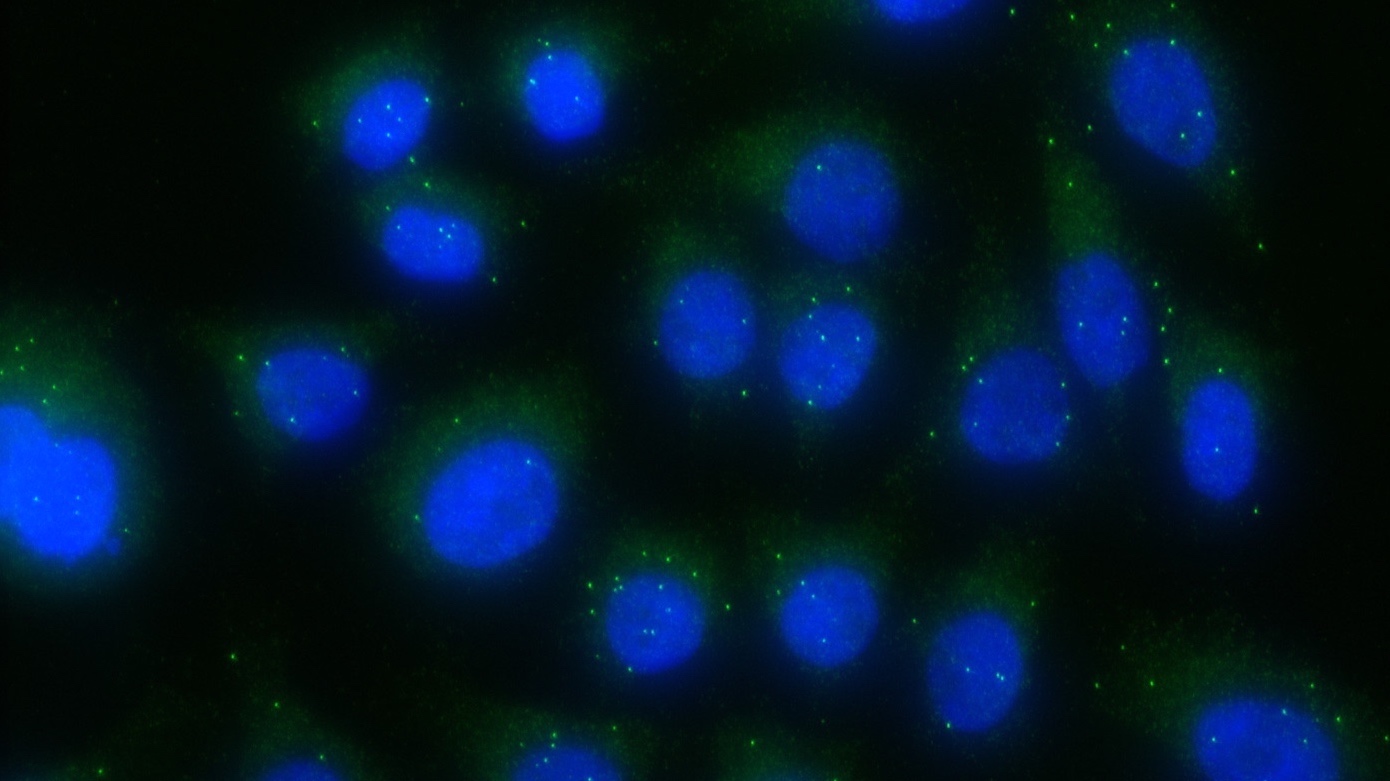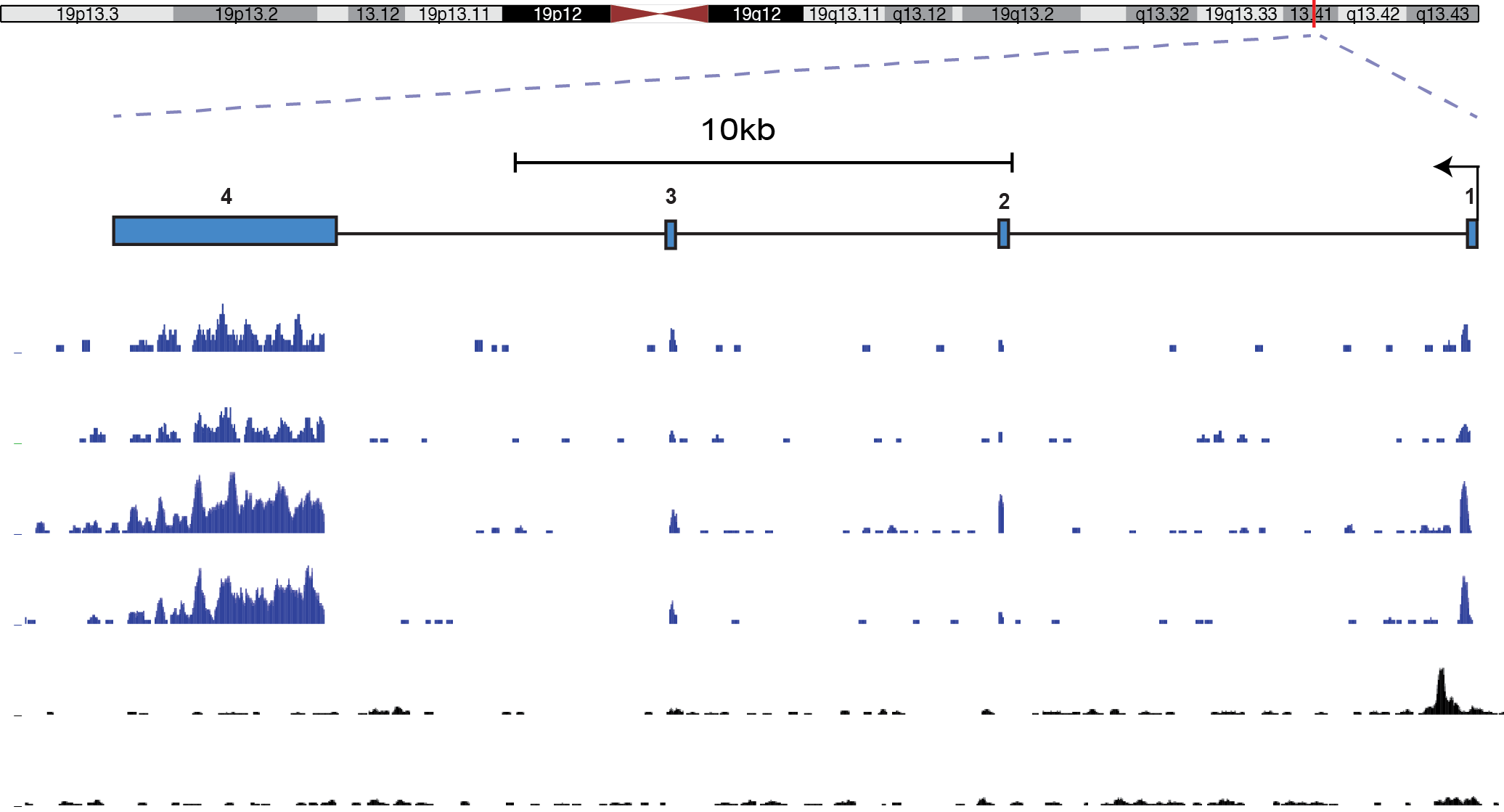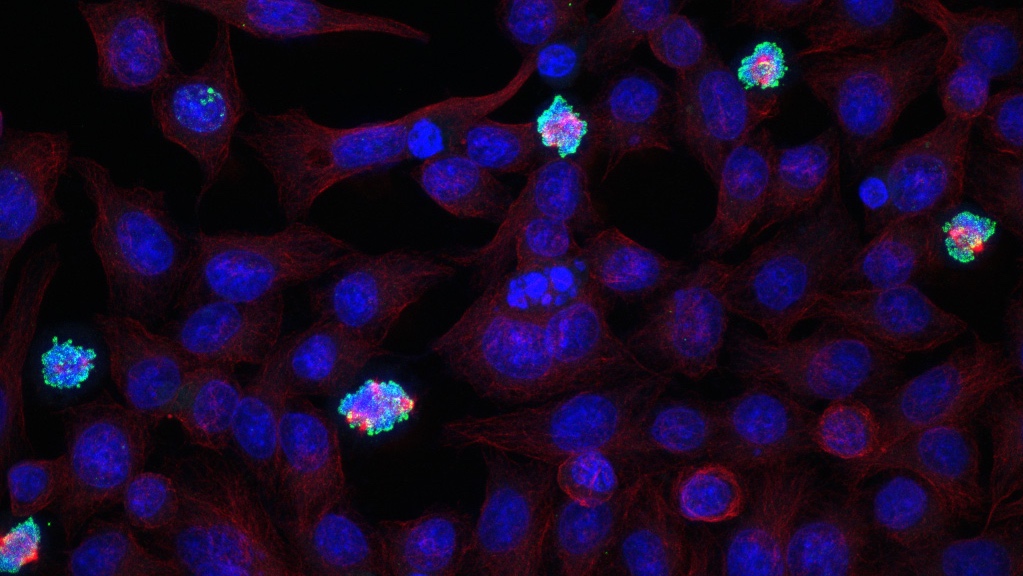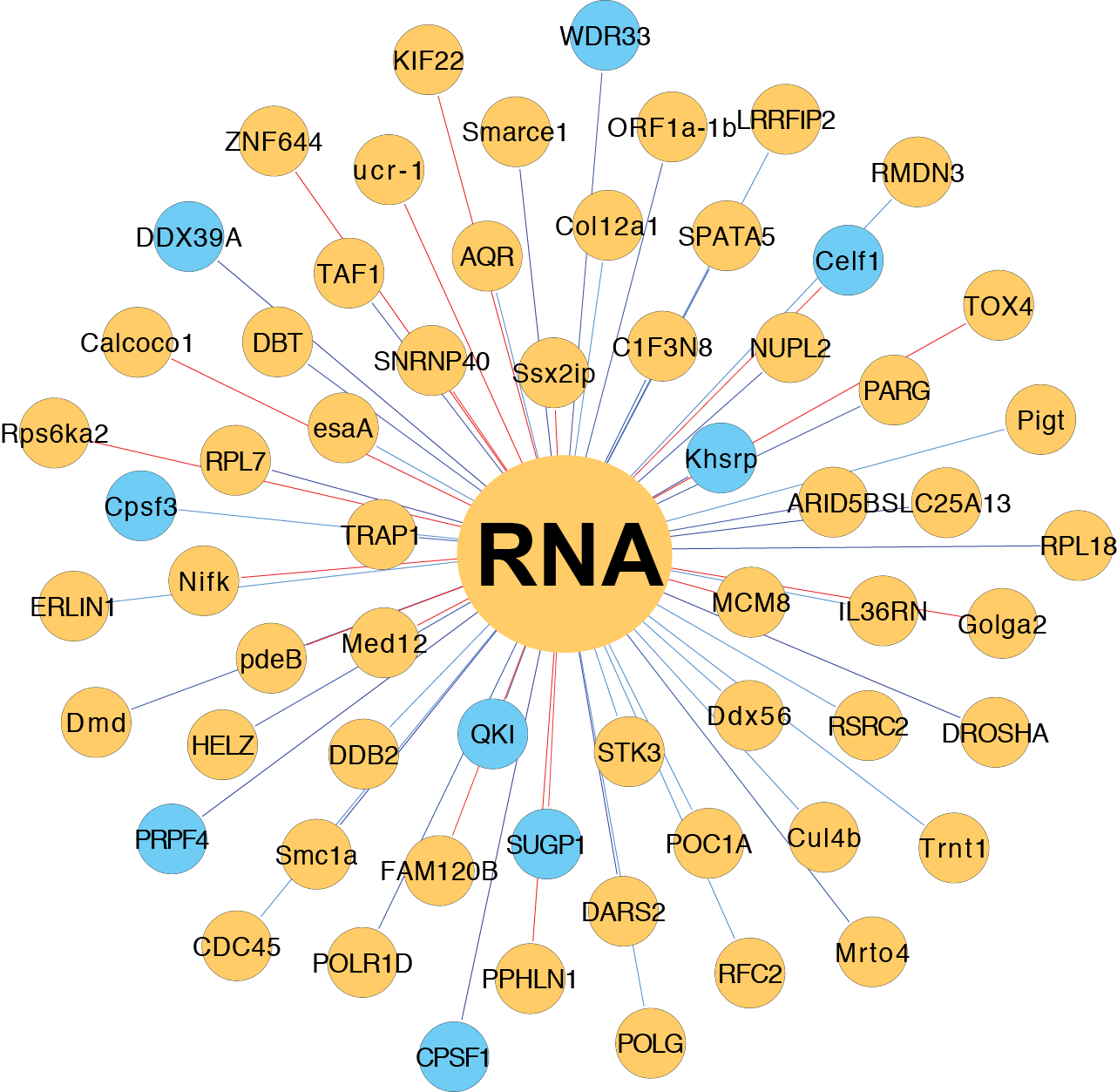Every time a cell divides, it must accurately duplicate and transmit the genetic material to new daughter cells. Mistakes during cell division can lead to genome instability, which underlies many human diseases including cancer. To avoid these errors, cells division is controlled at multiple levels by “ guardian” proteins. However, only 2% of the human genome codes for proteins with the majority of the human genome being transcribed into noncoding RNAs (ncRNAs) that have important cellular functions without requiring translation into proteins.
Our lab is interested in one group of these ncRNAs, namely long noncoding RNAs (lncRNAs), and their role in control of cell division and maintenance of genome stability. LncRNAs are very heterogenous group of noncoding transcripts that can regulate gene expression through diverse mechanisms. Since lncRNAs are also deregulated in different types of cancer, there is an unmet need to understand how these RNA molecules contribute to known hallmarks of cancer.
In order to understand how lncRNA-mediated regulatory networks control cell division and determine their functional relevance in cancer, we aim to:
Functionally dissect the subset of lncRNA genes involved in the control of cell division;
Identify the mechanisms whereby lncRNAs safeguard genome integrity;
Determine the impact of lncRNA dysregulation on genome instability in cancer.
Our research is highly interdisciplinary and combines functional cell biology, genomics, imaging and proteomics. Our ultimate goal is to develop new RNA-based strategies that can improve diagnosis and treatment of cancer patients.
